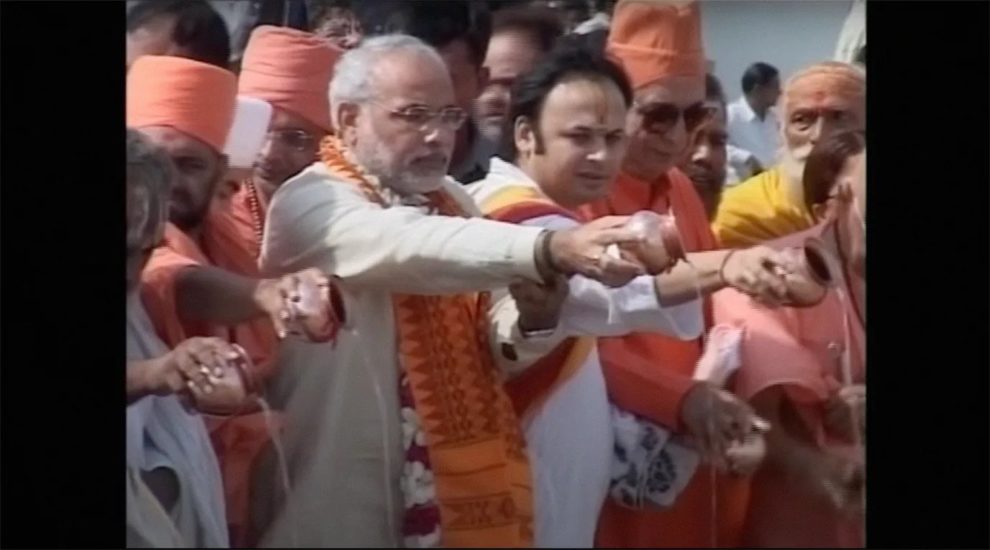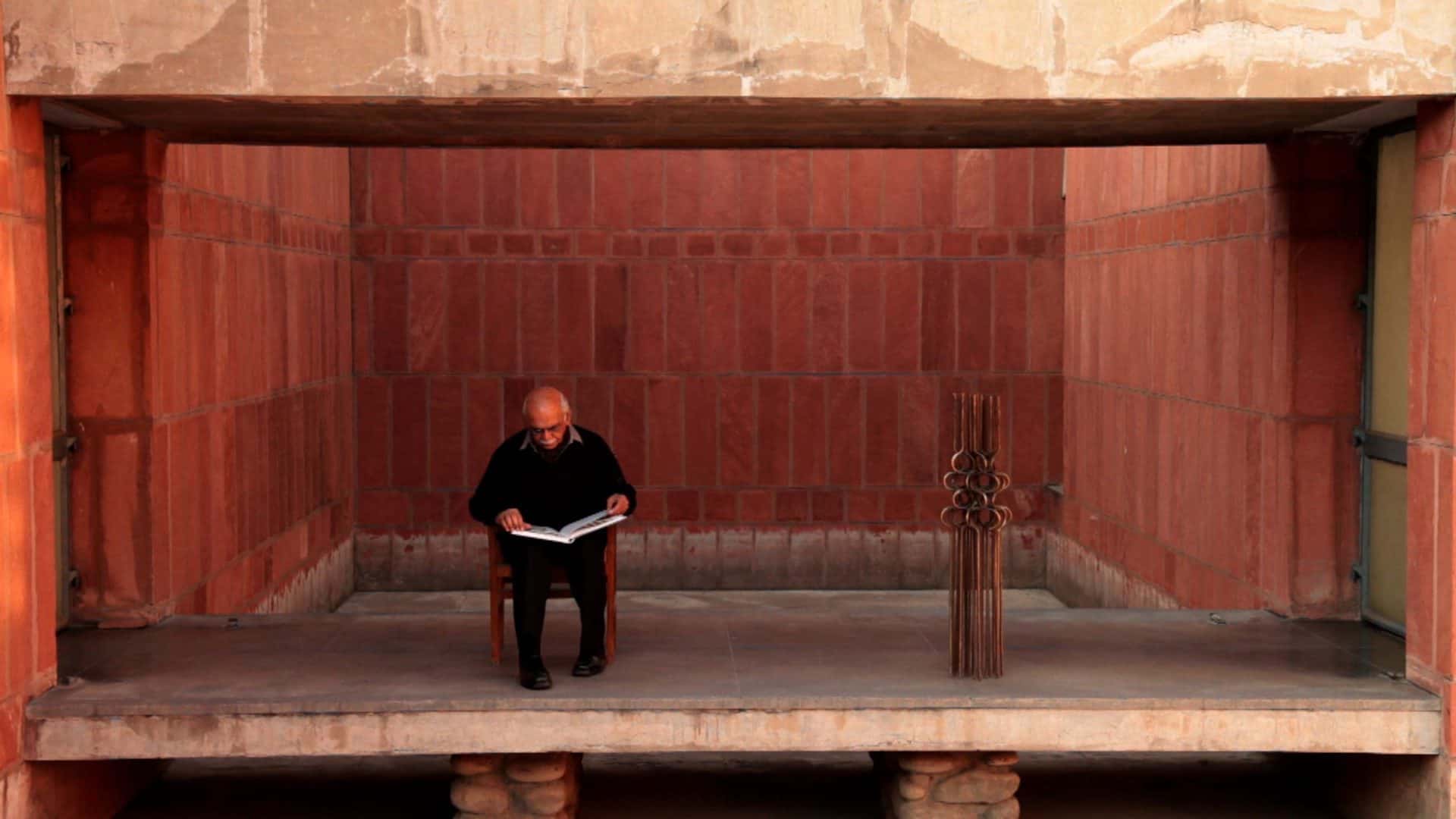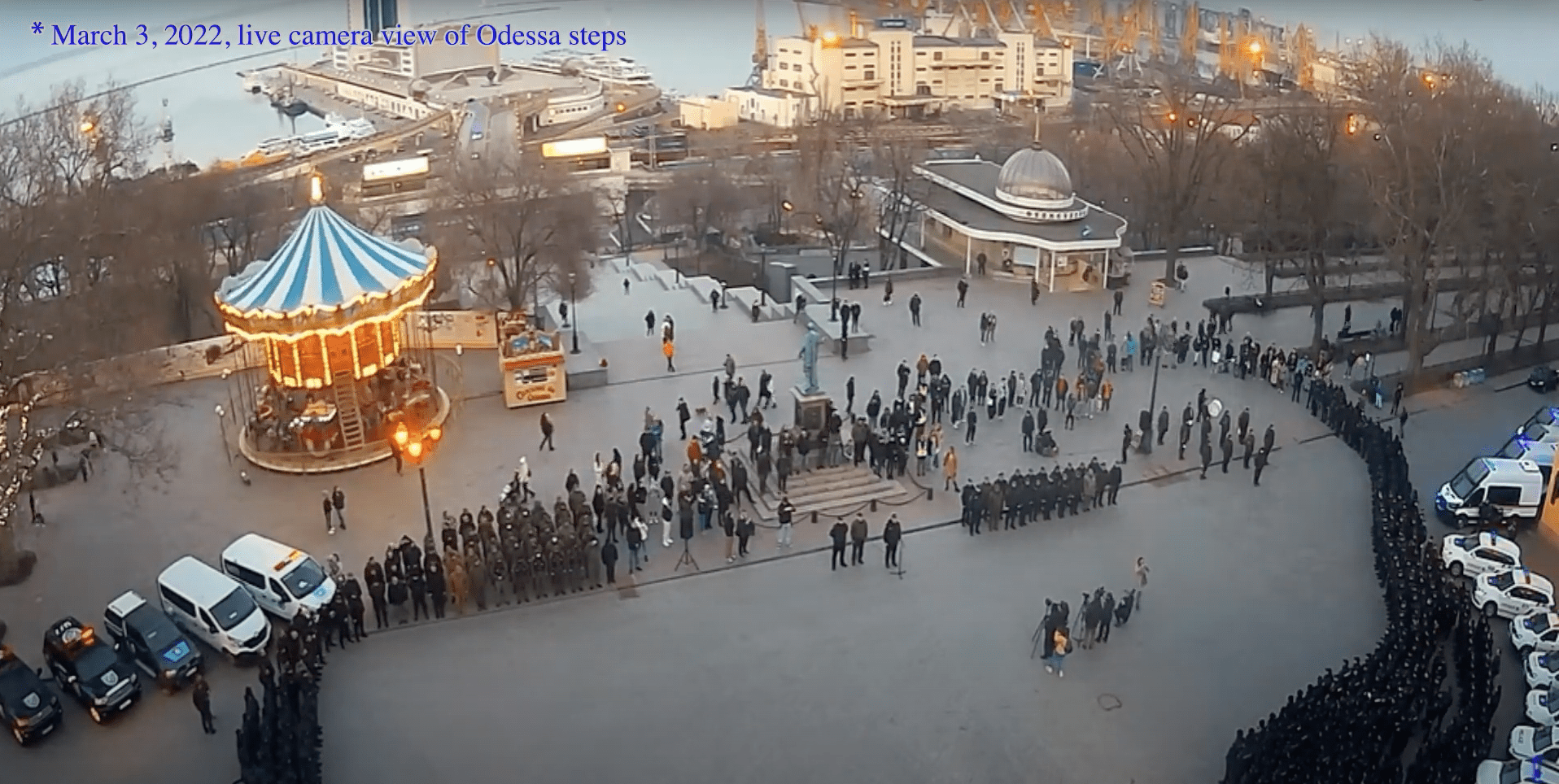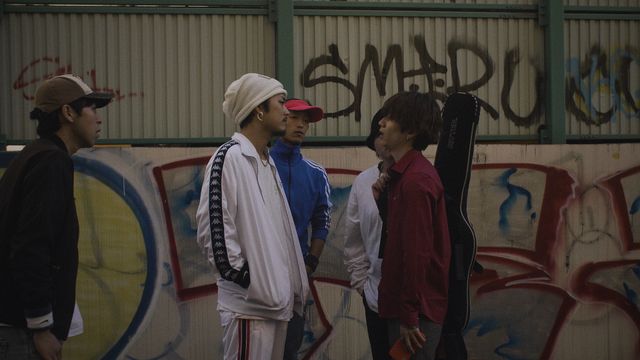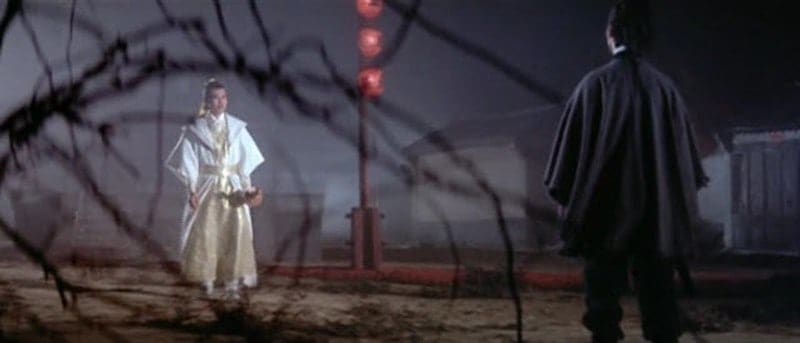by Paweł Mizgalewicz
For most visiting cinephiles, Shubhradeep Chakravorty's film “Encountered on Saffron Agenda?” might be well described as Rotterdam Festival's least essential viewing, and yet in another way this is also what makes it quintessential festival viewing.
Encountered on Saffron Agenda? is screening at International Film Festival Rotterdam
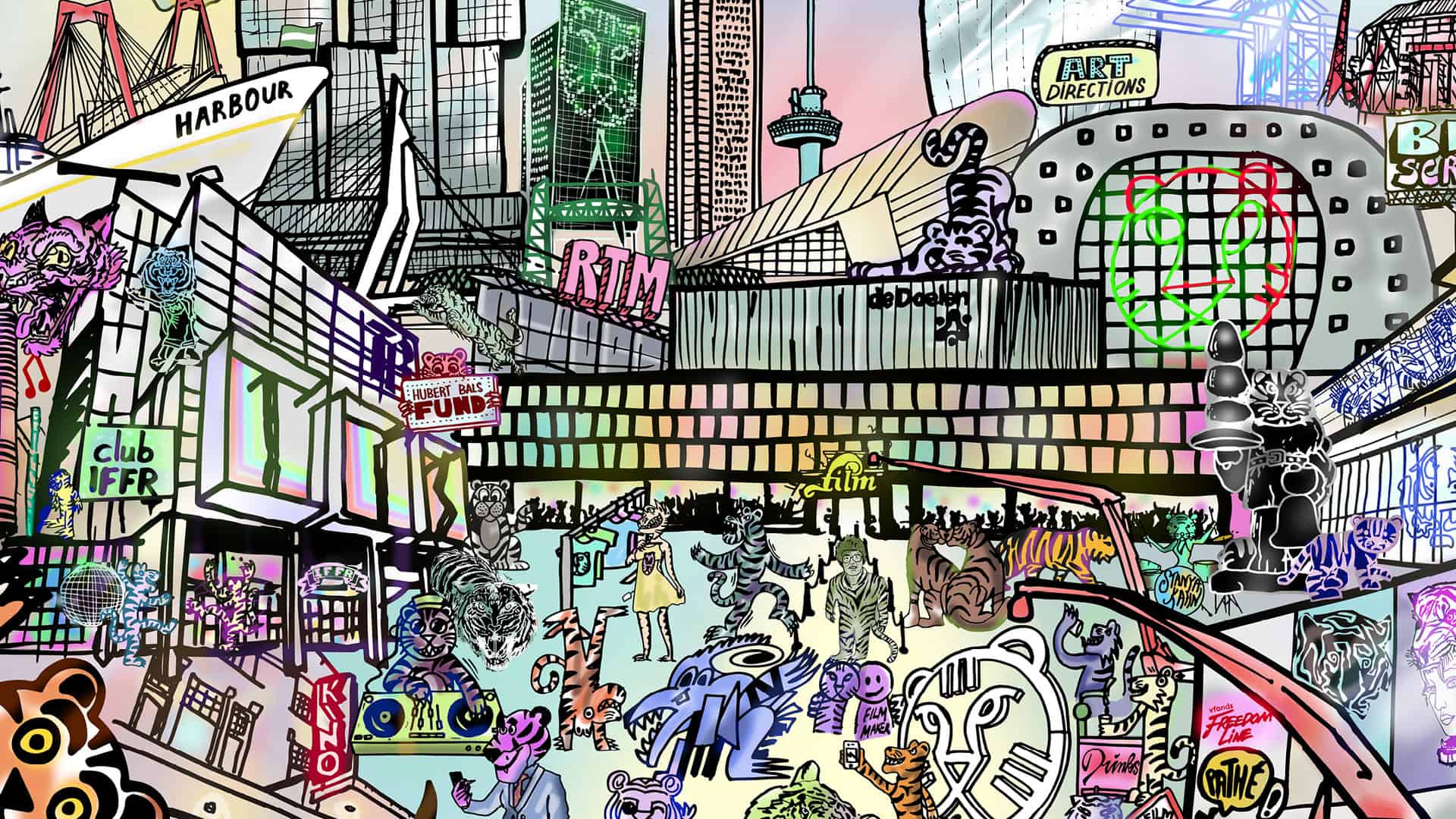
It is certainly one of a piece – it rounds up among 20 films in the festival's India-centered section called Focus: The Shape of Things to come?, the name ominously asking if the right-wing extremism elected in India is expected to signalize a wider change in the world. While the films of the section vary wildly in length, style and budget, this one is a very low-budget documentary from 2009, portraying a few disturbing and extremely suspicious cases of police killing people in the state of Gujarat in the previous years. There is very little wider view presented in the movie, which is made out just of the interviews about those specific cases.
In Europe, it's a niche of a niche as far as cinema films go. Its first showing took place on a Saturday evening, with way bigger of a crowd drinking and talking in the hall of Cinerama than in the screening room, where just a few people gathered to listen to this story. Despite the gruel subject, the amateurish realization did make the audience laugh loudly at a few points – the victim's friend spending time to describe how many coconuts he exactly gave him when he'd seen him for the last time, and for what purpose which coconut was, just isn't a kind of information that you expect to hear in a film about crime, and the completely serious delivery just has to raise a chuckle. The movie is also not the easiest to watch in technical terms, with stuttering image, often-distorted microphone sound, and the subtitles that look like there were written down in a rush, far from correct literary English. Long story short, it's not a film that I imagine I'd get a chance to see at any other opportunity. That doesn't mean the subject should be taken lightly, and the earnest testimonies do not deserve more global attention – in fact, the publicity might be the most important part. Especially as the man at the source of controversy, Narendra Modi, remains the country's popular and supported leader.
The “encounters” are referred in the film as “fake encounters”. The police states that they happened to find a Muslim man who was just planning to kill the state's Chief Minister, Modi. In the face of the lethal threat, they just had no choice but to kill him. But through the series of interviews, we soon learn with all the details that the police's stories are filled with so many holes that there is almost nothing left. The movie's mission and achievement is just that – to document exactly how obvious it now seems to be that the police organized in the Modi-led state to kill Muslim people, and after the fact present them as apparent terrorists who threatened the life of the leader, their dead bodies displayed with pride as an achievement. What seems to undermine the official version is, as it turns out, every little detail.
The interviews make a very convincing case that all the “fake encounters” have been staged, with every detail of the police narrative suspicious or almost comically unbelievable. One of the victims was shot when, apparently, “reconstructing their crime” to the police officers, in a park, in the middle of the night, and is said to have taken the gun away from one of 22 gathered officers before being shot at an angle that suggest the victim must have been actually lying down on the ground. Another so-called terrorist is found with 8 bullet holes and a deep knife wound, which doesn't seem to support the story about the police shooting at them just to stop the threat. None of the “terrorist” victims seems to have had any provable past that could be actually connected to radical organizations. The film consists of such statements and makes a strong point – the police version just really sounds like a plain lie.
The specific focus of “Encountered on Saffron Agenda?” does finally widen at the very end of the film, when the gathered witnesses, lawyers and experts agree that killings happening in those years in Gujarat are far from unique. While the movie definitely asks a particular question about Modi's involvement in events in the state he was then leading, the characters also inform us that similar specialized “encounters” units exist in many other states of India. To talk about all of this publicly seems very brave, even if the events on show have now taken place many years ago and did nothing to stop Modi's growing popularity anyway. The wider suggestion is not only about the current prime minister, but about the country as whole – in the end, the characters of the movie openly question if the rule of law exists in India.


